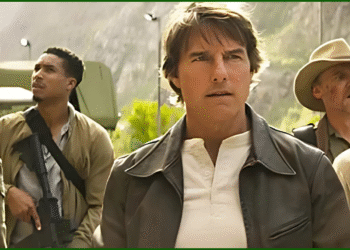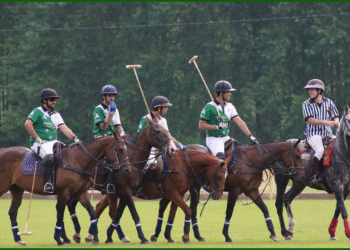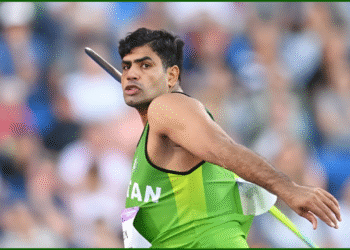March 22, 2025, marks two decades since God of War unleashed Kratos upon the gaming world. What began as a raw, blood-soaked odyssey rooted in Greek mythology has evolved into a profound meditation on redemption, fatherhood, and the struggle to outgrow one’s demons—a narrative arc that stands unparalleled in interactive storytelling.
The original 2005 game doesn’t open with Kratos tearing through enemies in a blaze of fury. Instead, it starts with despair: Kratos, haunted by the accidental murder of his wife and child, steps off a cliff, his gravelly voice declaring the gods have forsaken him. Cursed to wear their ashes on his skin, he’s a walking monument to his sins. The gods exploit his torment, tasking him with killing Ares—who orchestrated his tragedy—in exchange for hollow forgiveness. It doesn’t stop the nightmares. Power, too, fails him; ascending as the God of War only fuels a rampage that ends with Zeus, his father, striking him down. By God of War III’s close, Greece lies in ruins, its pantheon obliterated, leaving Kratos to wander a broken world with nothing but regret.
Born in the gritty, nu-metal zeitgeist of the mid-2000s, Kratos embodied a raw, masculine rage. His early story reflected an era obsessed with dark antiheroes—vengeance felt good, but it led nowhere. By 2010’s God of War III, the series hinted at deeper cycles of violence: Zeus’ fear of Kratos mirrored his own patricide against Kronos. Yet blood remained the only language, ending in mutual destruction. What lingered was an unspoken question: what comes after revenge?
Enter 2018’s God of War, where Kratos reemerges in the Norse realm, older and burdened by scars. Now a father to Atreus, he’s a man wrestling with his past while seeking a new path. His late wife’s death leaves him ill-equipped to guide his son, yet he clings to a simple creed: “Don’t be sorry. Be better.” This Kratos isn’t absolved—centuries of exile can’t erase his crimes—but he strives for something more. Violence persists, but it’s tempered, lacking the old malice. The game, followed by Ragnarok, explores his strained bond with Atreus, their shared wrestle with power, and a cautious embrace of empathy.
The 2023 Valhalla DLC cements Kratos’ growth. Facing his younger, bloodthirsty self, he doesn’t fight—he speaks. In a searing monologue, he confronts his failures: “You are cruel, and arrogant, and selfish. But you are more than that.” It’s not redemption; it’s accountability. Kratos names himself a “god of hope,” not to excuse his past but to chart a future.
Few games dare to let their heroes evolve this way. Kratos’ 20-year journey mirrors our own maturation—from reckless anger to reflective struggle. He doesn’t erase his sins; he carries them, striving to be better. That’s the power of God of War: a tale of a broken man who, against all odds, dares to hope. In gaming’s vast landscape, no arc shines brighter.


















































